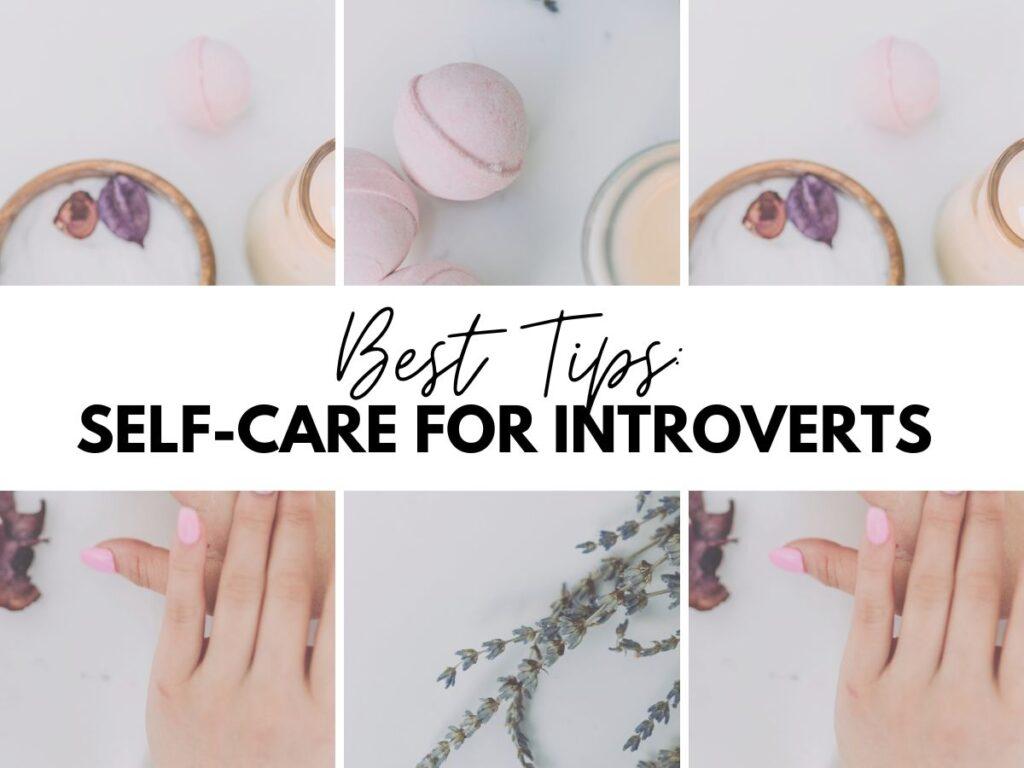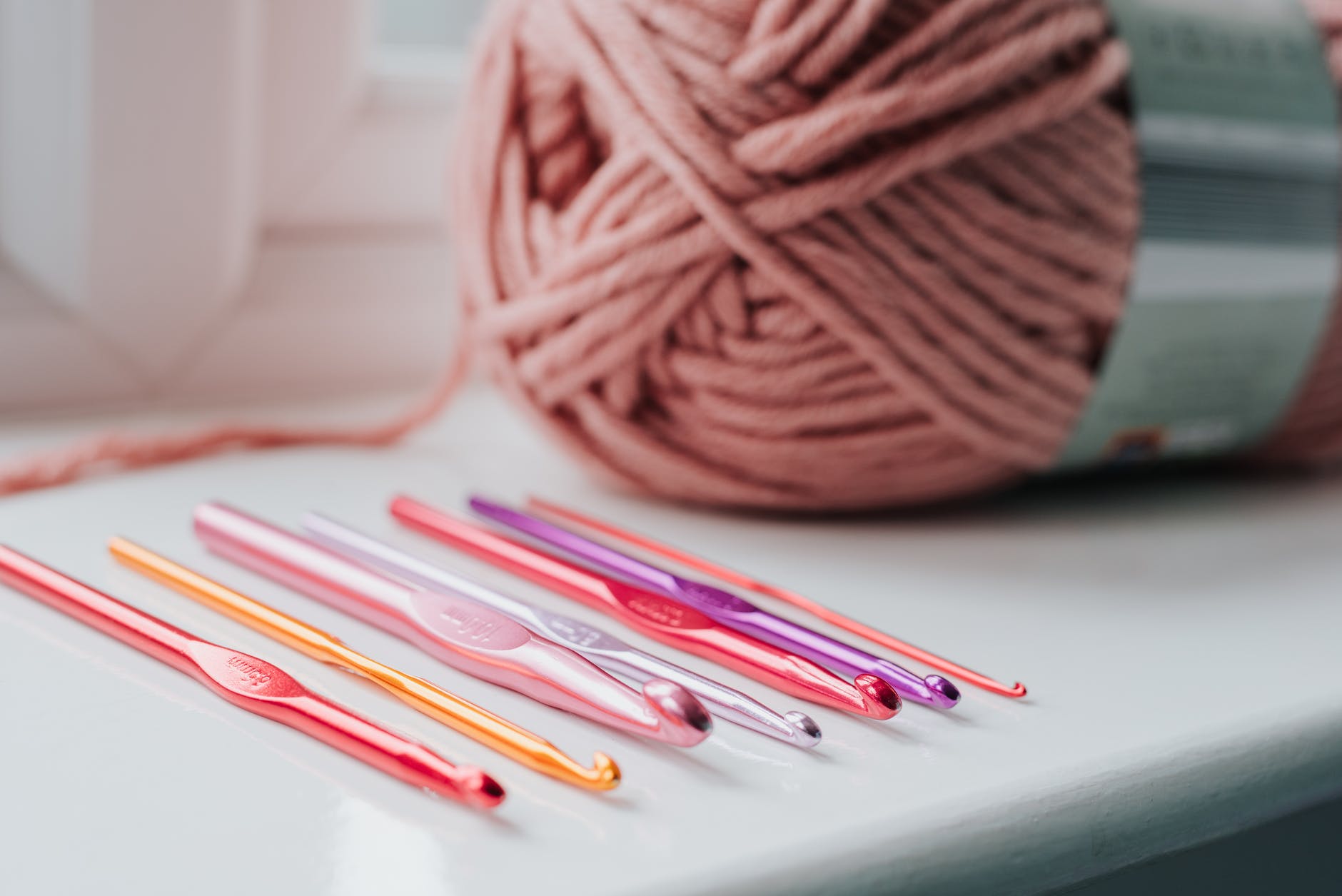This post may contain affiliate links. Disclosure here.
How can introverts practice self-care?
Introverts are often misunderstood. This is because there are many misconceptions about what it means to be an introvert, and how introversion impacts your life. In this article, we’ll explore 7 of the best self-care tips for introverts that can help you feel more in touch with your unique personality and take better care of yourself.

1. Spend time alone.
When you’re an introvert, spending time alone is important for recharging your energy. Whether it’s reading a book or taking a walk, being alone can be just as rejuvenating as hanging out with others.
This isn’t to say that introverts don’t like other people—we simply need more space and privacy than extroverts do in order to recharge our batteries and feel comfortable.
Our brains often feel overwhelmed by social interactions, so we need that quiet time in order to recover from those experiences. Additionally, many introverts are misdiagnosed with having social anxiety when they really just need more quiet time than most people do!
2. Unplug on a regular basis.
Unplugging is important for introverts, because they need time to recharge. In fact, unplugging can mean different things to different people. For some it’s a way to de-stress and relax; for others it’s an opportunity to take a break from the digital world and rekindle their connection with nature.
Regardless of your reason for unplugging, here are some tips:
- Make time each day or week when you plan on turning off your phone and computer.
- Get into the habit of setting aside some time before bed—or at least right after lunch—to spend in silence without any distractions like TV or music playing in the background.
- If needed, set up specific times each day that you won’t allow yourself access to any electronics at all (e.g., during breakfast).

3. Learn to say no to things you don’t want to do or aren’t interested in.
The third tip for your self-care routine as an introvert is to learn to say no.
As an introvert, you often have a strong desire to please others and be of service. It might feel like a sign of being selfish if you don’t want to do something or go somewhere, but that’s not the case!
In fact, learning how to say no will help you strengthen your relationships with friends and family members by giving them more time together with people they care about and enjoy being around.
It’s okay if someone asks you whether or not they can tag along with a group activity that sounds fun—and it doesn’t mean that all hope is lost if one friend wants another person who was initially invited by someone else coming along instead of them because they “just aren’t feeling it” that day.

4. Spend time in nature.
Whether you’re an introvert or not, spending time in nature can be a great way to de-stress and recharge your batteries. But for many introverts, it’s also a necessity.
When we spend time in nature—or even just look at photos of our favorite landscapes—we tend to feel more calm and less anxious than we do when we’re surrounded by concrete walls or other people. Studies have shown that looking at images of nature can help lower blood pressure and even decrease pain levels among patients recovering from surgery or illness.
Nature has the power to literally reduce stress hormones like cortisol in our bodies as well as boost serotonin levels (the chemical responsible for feelings of happiness).
This is why going on long walks around parks or sitting outside during lunch breaks are common strategies for dealing with difficult situations like exams or stressful work meetings.
5. Devote some of your time to physical exercise and eating healthy foods.
Exercise is essential for all of us, but it’s especially important for introverts. Exercise can help you feel more energized and give your mind a much-needed break from the busyness of the world. It’s also great for boosting your self-confidence and improving your mood, which is always helpful when you’re trying to push through an introverted day.
As far as what kind of exercise works best, that’s up to you—but here are some options:
- Walking around your neighborhood or a local park
- Running on a treadmill in your living room or at home gym (if you have one)
- Going swimming at the local pool
- Take a fitness class (or dancing)

6. Set aside time for hobbies you enjoy that allow you to work alone.
Having a hobby that you enjoy is one of the best ways to stay connected with yourself and your inner world. That can be a creative outlet like writing, painting or music, but it can also be something that allows you to relax in solitude—like reading a book or meditating.
Hobbies are also a great way for introverts to connect with others who share their interests.
Many hobbies have dedicated communities online and offline for people who are passionate about them; joining these groups can help introverts feel less alone and more connected to other people’s thoughts as well as their own.
Some examples of hobbies that introverts may find engaging include:
- Art (drawing, painting)
- Writing (journaling)
- Reading fiction books/nonfiction books on topics they enjoy learning more about

7. Have a “quiet space” in your home where you can go when you need some time away from others.
Having a quiet space in your home can be a great way to recharge and relax. A quiet space is any place that you use for self-care, or where you can just be alone with yourself. This might include things like:
- A room in your house that isn’t used often (a spare bedroom or basement)
- Your car
- A bench at the park
- The beach
You may want to leave this area completely blank, so that it doesn’t feel like anyone else’s space. Or, if there are other people living in the same house as you who will also be using it as their own personal escape from time to time, consider incorporating some of these elements into their design:
- A few books and magazines related to introversion/self-care/your interests (but nothing too academic or stressful) – maybe even some coloring books!
- A cozy blanket or pillow for snuggling up on during those moments when all the noise around you gets too much
- Make it a calm, enjoyable place where you can get away and relax for a moment

Introversion is a blessing
We are often misunderstood as introverts, and it’s important to take care of yourself if you know that you’re an introvert or have introverted tendencies. As an introvert there is an extra need to take care of ourselves in order to be happy and healthy.
As an introvert, it can be common to feel pressured to be more outgoing or act less shy. Don’t let others convince you into being someone you are not! There are so many benefits to being an introvert and staying true to who you are.
Read these Surprising Benefits of Being an Introvert and learn how being an introvert is actually a blessing!
This is especially true if you have introverted tendencies, because it can be hard for people around you to understand what you need when they don’t know your personality type or preferences.
Conclusion
We hope these tips will be helpful for you to get more in touch with your introverted side and take care of yourself. We know how hard it can be to live as an introvert and we want you to take these tips as encouragement that there is nothing wrong with you!
Remember, every person is unique, so don’t compare yourself against other people’s lives or try too hard to change who or what makes up who you are today. Instead, just focus on taking care of yourself and enjoy what makes life special for each person individually.
Leave a Reply